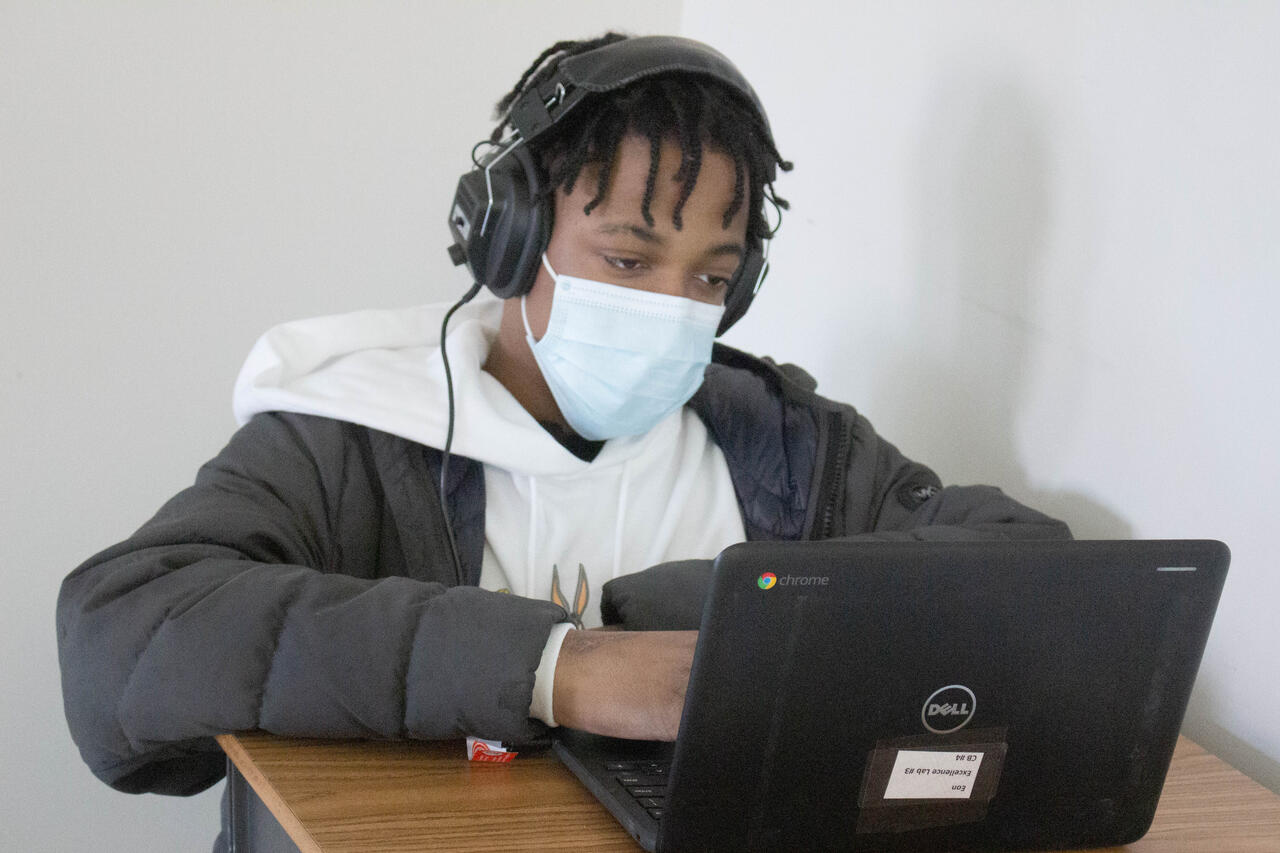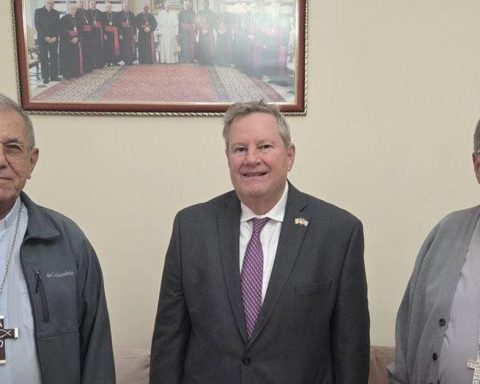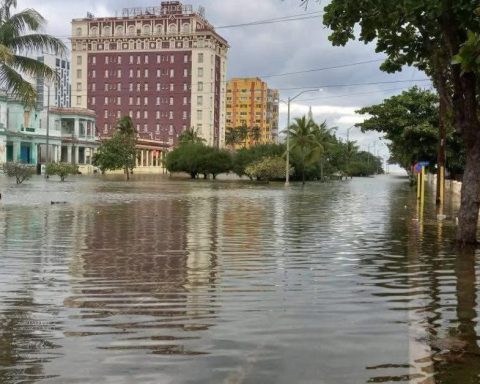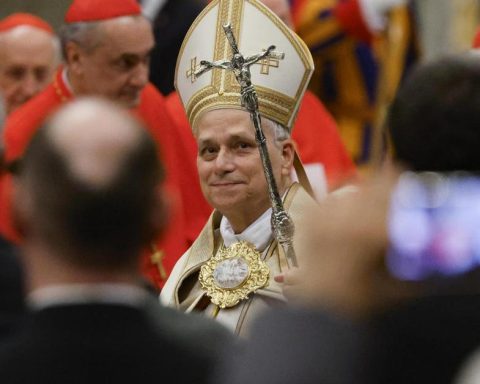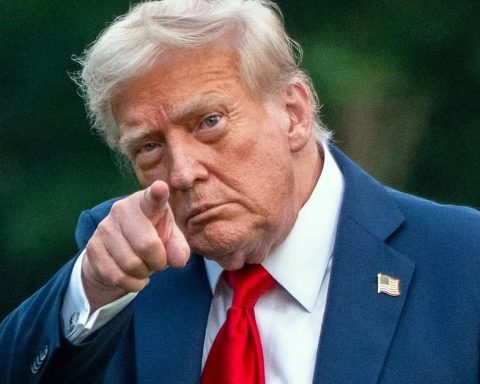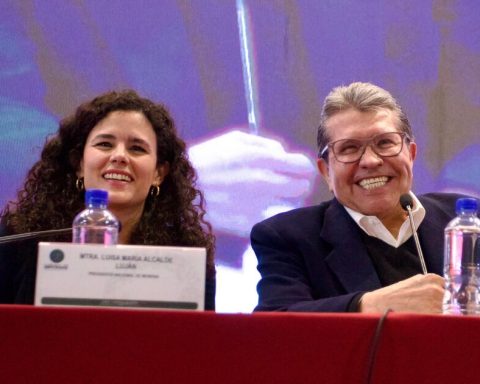Since 2015, operators have been taxed nearly $ 400 million, but not a penny actually went to improve and expand the scope of services.
To close the digital divide and provide connectivity the entire country requires an investment of $ 230 million, according to Telecommunications Minister Vianna Maino.
The current tragedy is that the State does not have these resources, although since 2015 it has collected from operators almost $ 400 million, that is, an amount close to double what is needed now.
“The collection before the connectivity. Since 2015, a huge, gigantic figure has been raised. However, it never reached its destination because it went to the common account of the State, ”he said.
In other words, high payments have been demanded from private providers of the service, but everything was diverted to current expenditure on all kinds of issues in the public sector (including bureaucratic salaries), except for strengthen the country’s telecommunications.
Punishment for investing
Article 34 of the Organic Telecommunications Law establishes a so-called market concentration tax. This tax works more or less like this: each operator that has 30% of the market or more, must pay an increasing percentage to the treasury, for each new investment to do.
Thus, according to Hernán Viteri, a telecommunications engineer, a perverse disincentive has been generated for private companies.
“Suppliers are careful not to grow or grow very little, not to substantially increase their infrastructure and technology, Specially in rural sectorss, because each dollar they put in costs them more and yields little to them, “he said.
In this context, the State has been punishing the private investment in the sector, with the sole purpose of getting more money to spend badly and for other purposes.
For this reason, Minister Maino stressed that the elimination of the market concentration tax is included in the tax reform.
“The objective is to promote the development of the industry and allow operators to foster their growth and invest in improvements of infrastructure and services”, He specified.

The universal service farce
If all the taxes, rates and contributions, the telecommunications sector contributes the equivalent of 4% of all tax revenue of the State. In this way, it ranks second, after oil, as the activity that pays the treasury the most.
Despite this, problems of quality of service, higher rates than in other countries in the region; but, above all, less connectivity in sectors outside the big cities.
The underlying reason is that public policy has seen the operators as cash registers from which to extract money, but not as strategic partners to benefit citizens.
Another example of this is the 1% contribution on billing, which are required to pay the vendors every year. That contribution should go to a fund to achieve universal connectivity service, that is, that everyone has access to the internet and good communications.

Instead, the resources have gone to the petty cash of the Government of the day. From 2015 to 2020, the State has received more than $ 162 million; and only for 2021 the collection would add $ 23 million.
Guillermo Lasso’s administration, within the tax reform, proposes that 50% of that payment no longer goes to the treasury, but is released for the operators to invest in real projects for the expansion of infrastructure and technological improvements. (JS)
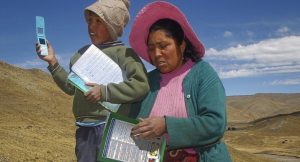
Los impuestos que paga el sector de telecomunicaciones equivalen al 4% de la recaudación anual del fisco ecuatoriano.
Cada aumento del 10% en la conectividad, puede generar un crecimiento económico del 1% al 3% del PIB
